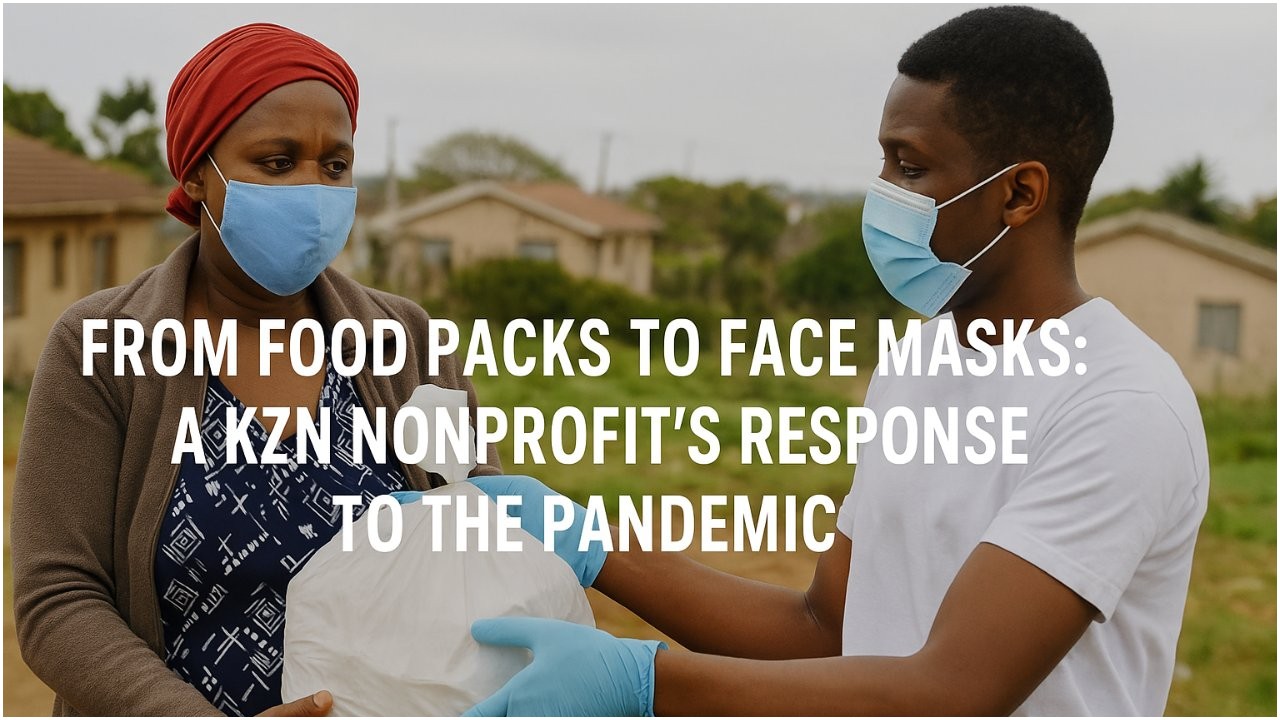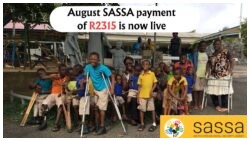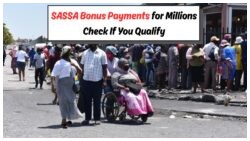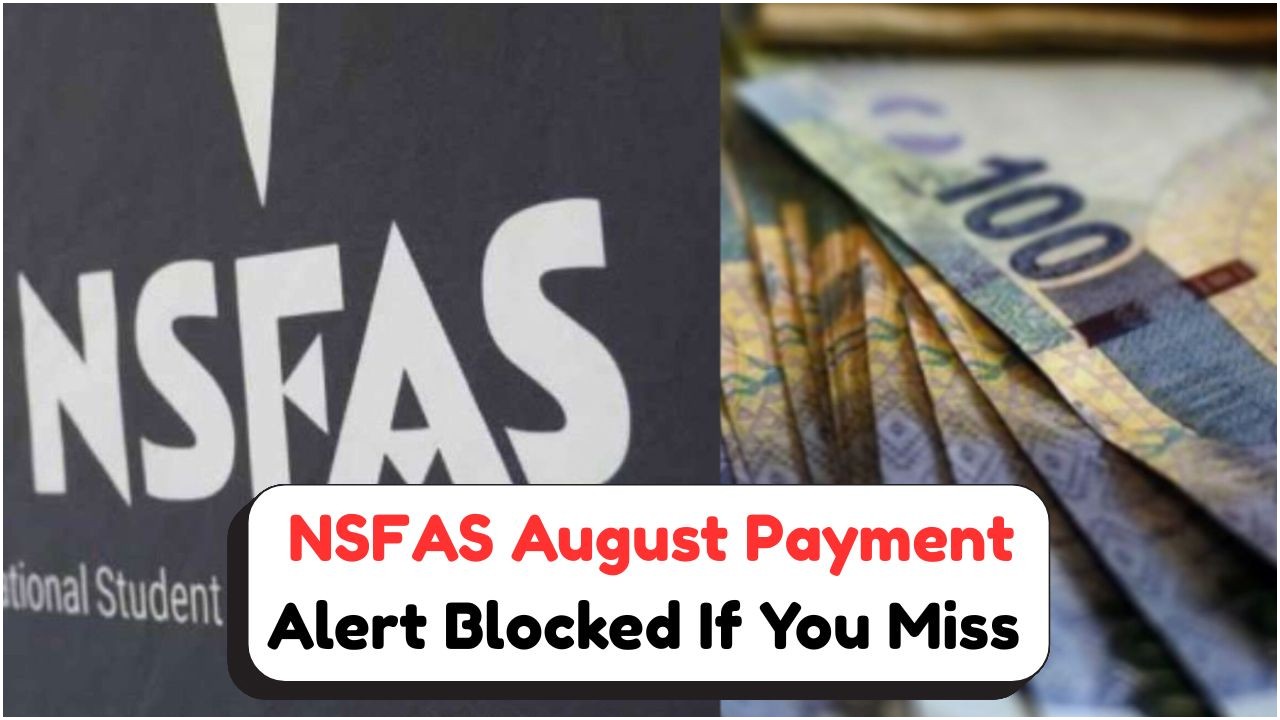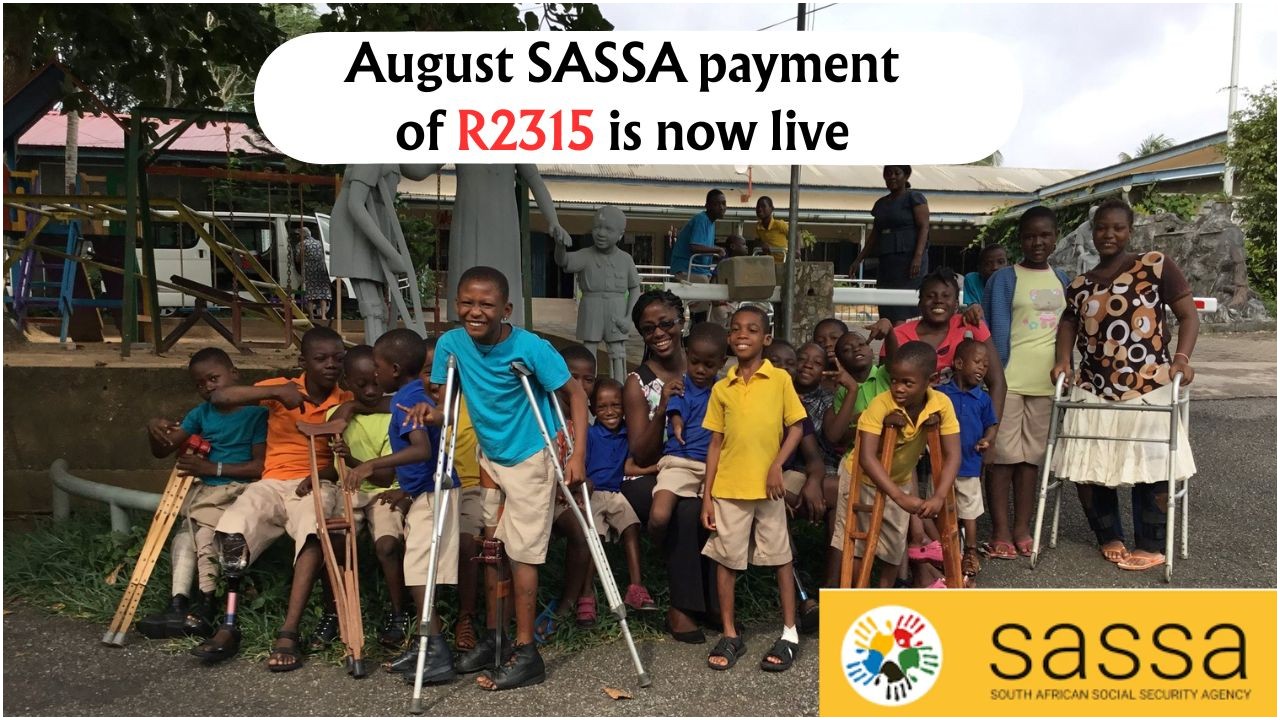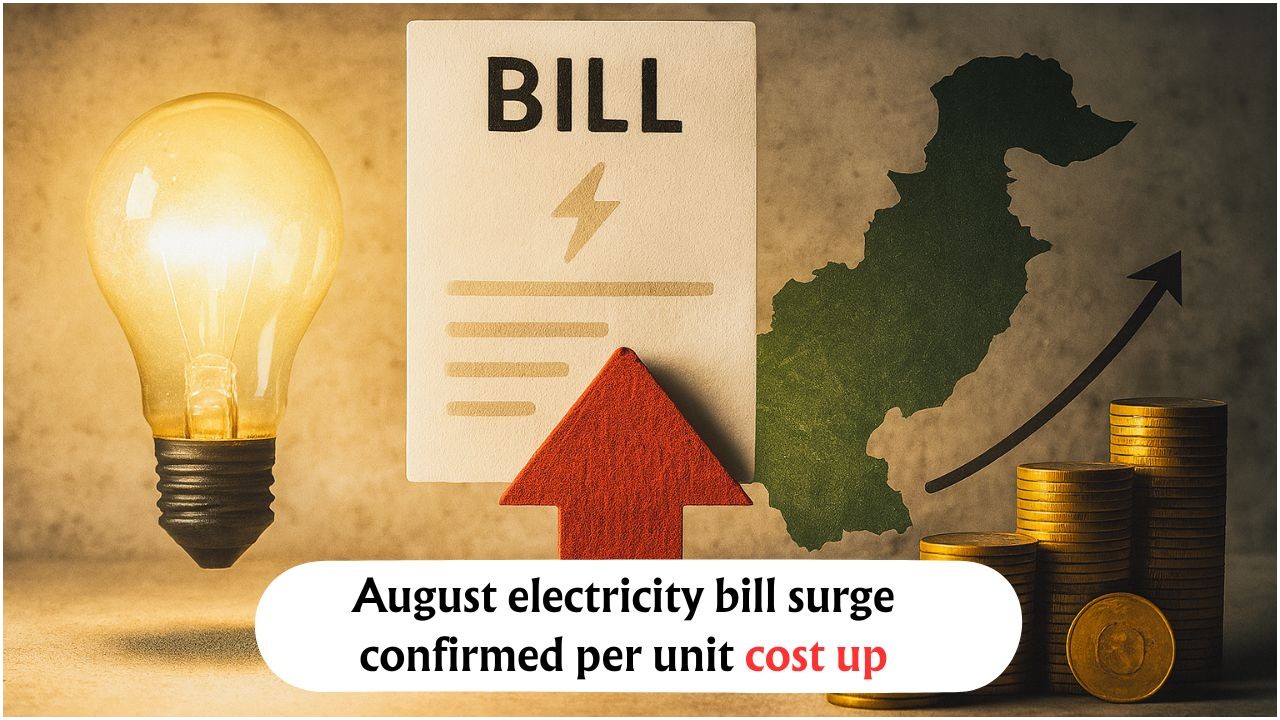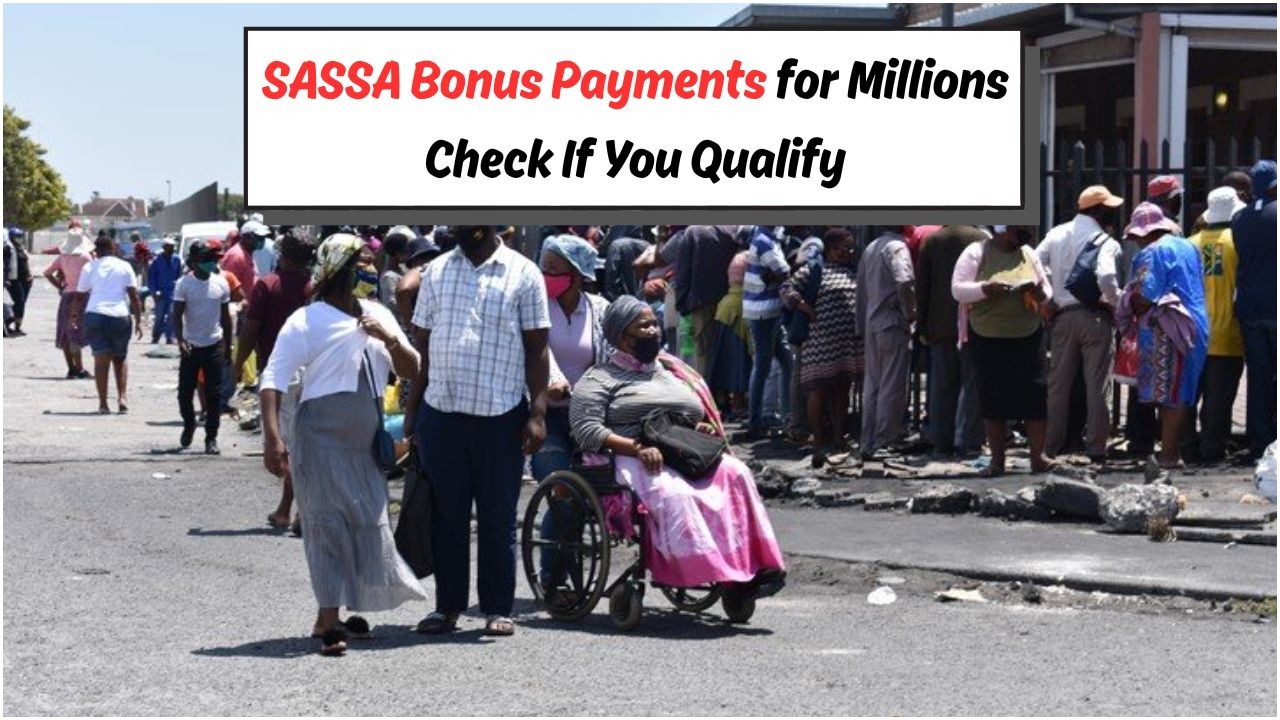KZN Nonprofit – When the COVID-19 pandemic gripped South Africa in 2020, communities across KwaZulu-Natal (KZN) were left vulnerable, isolated, and in urgent need of assistance. Among the many who rose to meet this unprecedented challenge was a small yet powerful nonprofit organization based in the heart of Durban. What started as a humble food relief effort quickly expanded into a holistic community care initiative—one that provided not just nourishment, but protection, education, and hope.
The Early Days: Hunger and Desperation
In March 2020, as South Africa went into lockdown, thousands of informal workers lost their only source of income overnight. Families living in townships and rural areas around KZN suddenly found themselves without food or access to basic essentials. The nonprofit—then primarily focused on educational support—decided to pivot swiftly. They transformed their operations to distribute emergency food parcels to the most affected households.
- Initial Impact: Within the first two weeks, the organization distributed over 1,500 food packs.
- Target Areas: Umlazi, Inanda, KwaMashu, and rural communities near Pietermaritzburg.
- Collaborators: Local churches, volunteers, and taxi associations helped transport goods.
Scaling Up: Masks, Soap, and Sanitation
By mid-2020, as the virus spread rapidly and awareness grew, the nonprofit realized that food alone wasn’t enough. Many households had no access to masks, hand sanitizer, or even basic soap—leaving them vulnerable to infection. The team launched a parallel project to manufacture and distribute reusable face masks and hygiene kits.
- Mask Production: Partnering with local seamstresses and tailors, they began producing cloth masks.
- Job Creation: Over 30 unemployed women were trained and paid to sew masks.
- Distribution: More than 20,000 masks were handed out along with bars of soap and disinfectant.
This shift not only protected lives but revived livelihoods. It empowered women, restored dignity, and sparked micro-economies within communities.
Outreach and Awareness Campaigns
The nonprofit didn’t stop at physical aid. They recognized that misinformation about COVID-19 was spreading just as fast as the virus. Rural areas, in particular, lacked access to verified news and health guidance. So the organization launched a multilingual awareness campaign in isiZulu, English, and Afrikaans.
- Methods Used:
- Printed posters in local clinics and community halls.
- WhatsApp audio messages broadcast to over 7,000 phones.
- Youth ambassadors trained to conduct socially-distanced info sessions.
- Core Messages:
- Proper handwashing techniques.
- Mask usage.
- Vaccine information (in 2021 and beyond).
These campaigns played a crucial role in reducing stigma and promoting safer behavior in vulnerable regions.
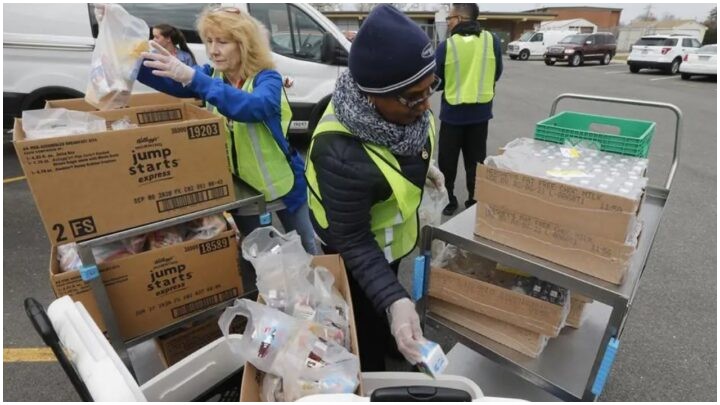
Feeding Children, Supporting Schools
Even as schools closed, the nonprofit maintained contact with schoolchildren and their families. Many learners depended on school meals, and their absence risked worsening child malnutrition.
To counter this, the nonprofit launched the “Lunch in Lockdown” project:
- Daily Feeding Points: Set up near schools and community centers.
- Volunteers and Staff: Cooked and served over 1,000 hot meals a day.
- Child Wellness Checks: Health volunteers monitored children for signs of malnutrition or illness.
Additionally, the nonprofit delivered printed learning packets to help students continue studying at home, even without internet access.
Donations, Partnerships, and Support
Throughout the pandemic, the nonprofit relied heavily on public goodwill. Corporate sponsors, private donors, and community fundraising efforts helped sustain and grow their work.
- Major Donors: Spar, Vodacom Foundation, and several local SMEs.
- International Support: A few global aid organizations contributed emergency grants.
- Online Campaigns: R200,000+ raised through a viral BackaBuddy campaign.
Their transparent operations and regular updates helped build trust and attract continued funding.
Long-Term Impact and Ongoing Programs
Now, in 2025, as South Africa has transitioned into the recovery phase, the nonprofit has retained many of its expanded services. While emergency food drops have slowed, several pandemic-born initiatives continue:
- Hygiene awareness has been embedded into schools.
- Mask-making workshops have evolved into sewing co-ops for income generation.
- Food security programs now include small community gardens and nutrition training.
- Digital literacy classes were introduced to prepare youth for online learning and job markets.
The pandemic, while devastating, catalyzed a new era for this organization—one rooted in adaptability, community trust, and resilience.
Key Achievements of the KZN Nonprofit During the Pandemic
| Area of Focus | Description | Impact Summary |
|---|---|---|
| Emergency Food Aid | Food parcels to vulnerable families | 12,000+ families fed in 18 months |
| Mask Distribution | Handmade reusable face masks and soap kits | 20,000+ households protected |
| Job Creation | Sewing jobs for unemployed women | 30+ women gained steady income |
| Health Awareness | Multilingual education campaigns | 7,000+ reached via WhatsApp + outreach |
| School Feeding | Hot meals to students during school closures | 1,000+ meals served daily |
| Education Support | Printed study material for remote learners | 1,500+ students supported |
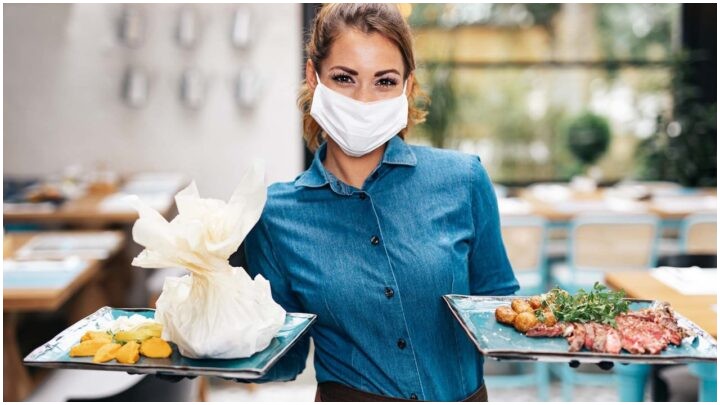
From food packs to face masks, this KwaZulu-Natal nonprofit demonstrated how grassroots organizations can make an extraordinary impact during times of crisis. Their ability to listen to their community, adapt quickly, and provide not just aid but empowerment, stands as a powerful example of resilience and compassion. As South Africa moves forward, their work continues to inspire and uplift those still recovering from the shocks of the pandemic.
FAQs of KZN Nonprofit
Q1. Where is this nonprofit based?
A1. The organization is based in Durban, KwaZulu-Natal, South Africa.
Q2. How many people did they help during the pandemic?
A2. They supported over 12,000 families and distributed 20,000+ masks and hygiene kits.
Q3. Are they still active in 2025?
A3. Yes, they now focus on long-term empowerment like sewing co-ops and school nutrition.
Q4. Can I donate or volunteer with them?
A4. Yes, they accept donations online and regularly onboard volunteers from local communities.
Q5. How did they raise funds during COVID-19?
A5. They used online platforms like BackaBuddy and partnered with sponsors like Spar and Vodacom.
